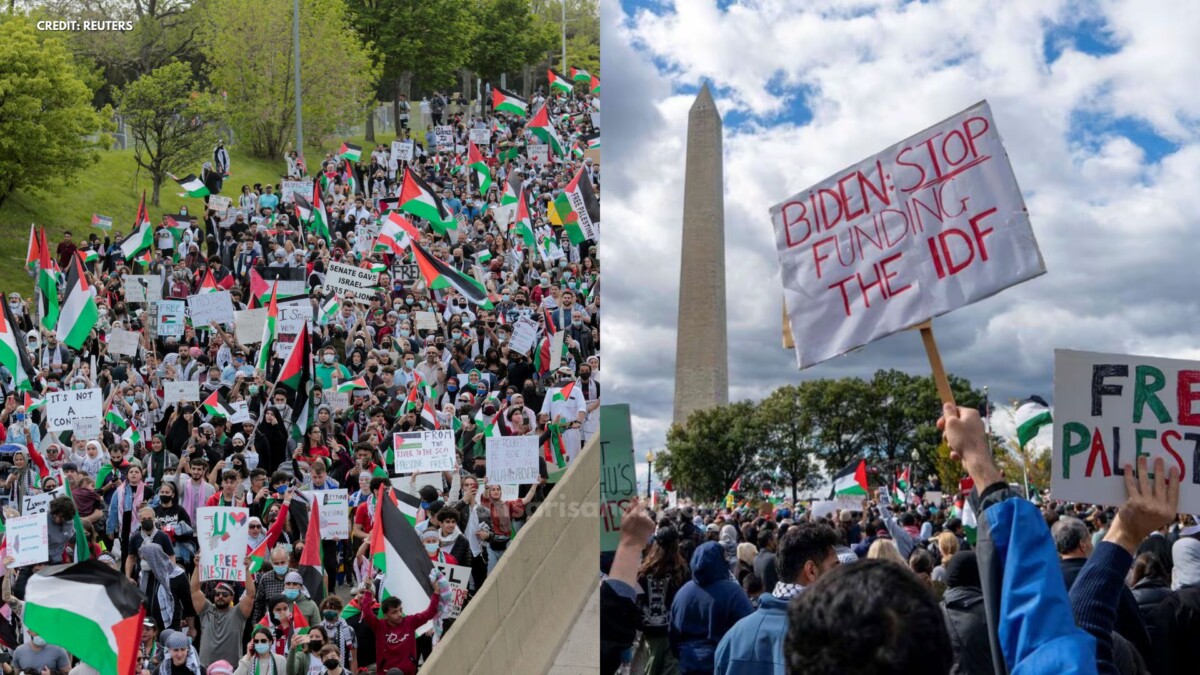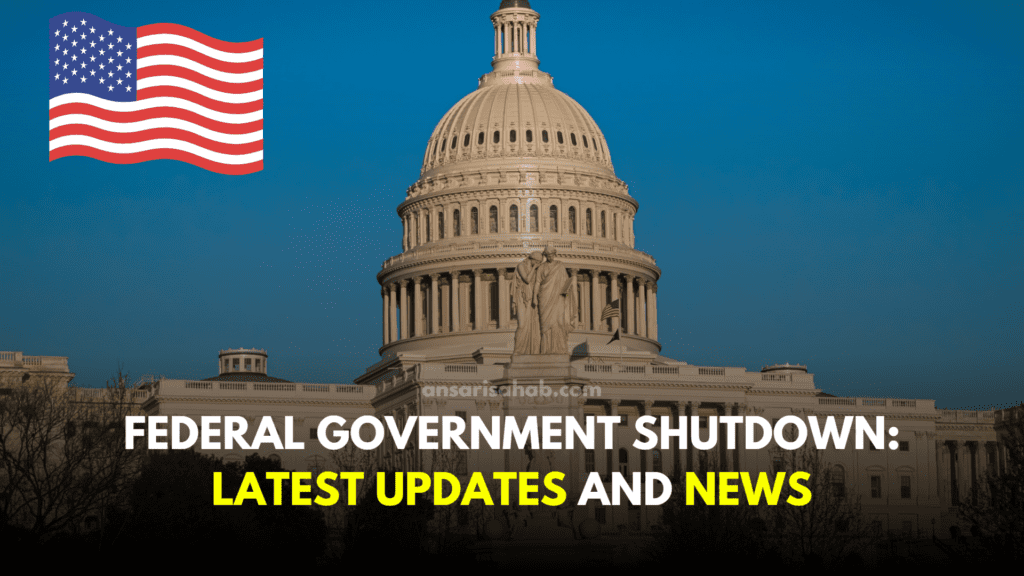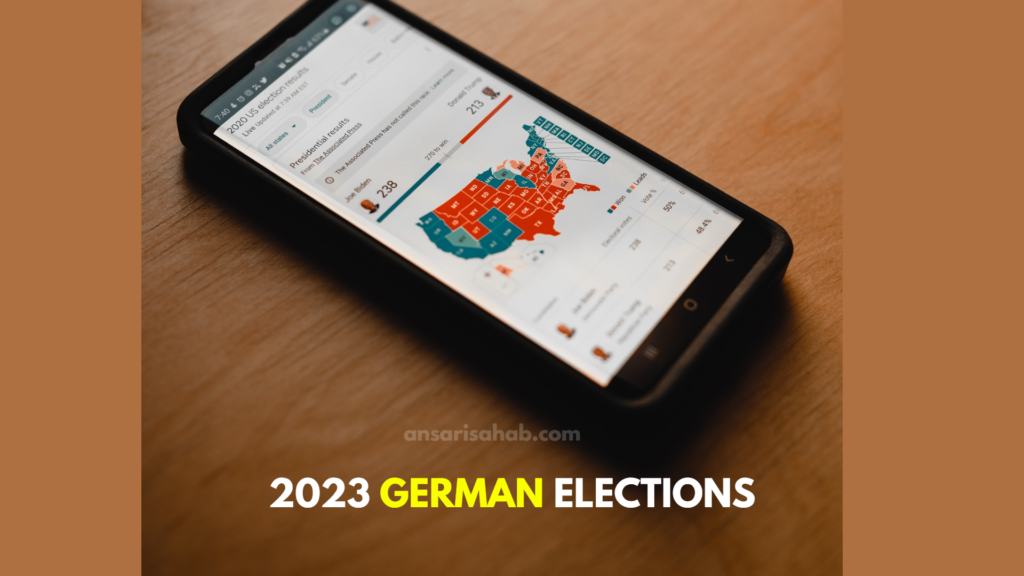The approaching 2024 US presidential election has stirred early tensions, particularly within Muslim American communities in pivotal swing states. Recent events, notably the Israeli-Palestinian conflict’s escalation and the Biden administration’s response, have led to a surge of discontent. This has manifested in a “Abandon Biden” movement, where Muslim leaders from swing states pledge to withdraw support for President Biden’s re-election, citing perceived bias towards Israel.
Factors Fueling Discontent:
The crux of Muslim leaders’ dissatisfaction lies in the Biden administration’s unwavering support for Israel’s actions during the recent conflict. Despite concerns about civilian casualties, the administration’s delayed call for a ceasefire intensified feelings of neglect among Palestinian supporters. This dissatisfaction culminated in a gathering of Muslim leaders in Dearborn, Michigan, on December 3rd, where they declared their intent to actively campaign against Biden.
Voices of Dissent and Complexity within the Community:
Despite the momentum behind the “Abandon Biden” movement, it’s essential to recognize the diversity of opinions within the Muslim American community. While some are ready to sever ties with the Democratic Party, fearing a Republican victory could bring more harm, others remain loyal but disappointed, advocating for internal party reform.
Prominent figures, including Jaylani Hussein of CAIR, emphasized the need to hold elected officials accountable for policies impacting marginalized communities. They argued that Biden’s stance on the Israeli-Palestinian conflict contradicts promises of inclusivity and justice for all Americans.
Critics, however, question the timing and motives of the movement, suggesting it might be driven by personal or political agendas. The debate within the Muslim community mirrors the broader challenges of addressing the Israeli-Palestinian conflict within the US political landscape.
Biden Administration’s Response and Muslim American Concerns:
The “Abandon Biden” movement has forced the administration to confront the concerns of a significant voting bloc. The response to this movement and its potential impact on the 2024 election remain uncertain. The Biden administration faces the challenge of addressing the perceived bias while maintaining the broader support of Muslim American voters.
Suggested: Cyclone Michaung Makes Landfall: Chennai Drenched, Crocodile Emerges, Schools Closed
Potential Ripple Effects on Democratic Party Base:
The movement raises questions about the possible fracture within the Democratic Party’s base, particularly among minority groups. Will other demographics follow suit, further challenging the party’s unity? The answers to these questions may shape the political landscape leading up to the 2024 election.
Israeli-Palestinian Conflict’s Ongoing Impact on US Politics:
The Israeli-Palestinian conflict continues to reverberate through US domestic politics. The “Abandon Biden” movement underscores the challenge of balancing support for Israel with the concerns of American Muslims. A lasting resolution to the conflict remains elusive, but its impact on US politics is undeniable.
Empowering Muslim Americans: Leveraging Political Power:
As the Muslim American community grapples with its political stance, questions arise about the most effective ways to leverage their power. How can they ensure their voices are heard and their interests represented? The upcoming election provides an opportunity for strategic discussions within the community.
Conclusion:
The “Abandon Biden” movement reflects a complex issue demanding careful consideration. As the 2024 election approaches, the Muslim American community’s choices will significantly influence the political landscape. While the movement highlights divisions, it also underscores the growing political consciousness of Muslim Americans.
This multifaceted situation prompts critical questions about the Biden administration’s response, potential shifts in the Democratic Party base, the ongoing impact of the Israeli-Palestinian conflict on US politics, and strategies for Muslim Americans to effectively wield their political power.
In this evolving narrative, one thing remains certain: the voices of Muslim Americans demand attention, and their decisions in 2024 will play a pivotal role in shaping the nation’s future.









